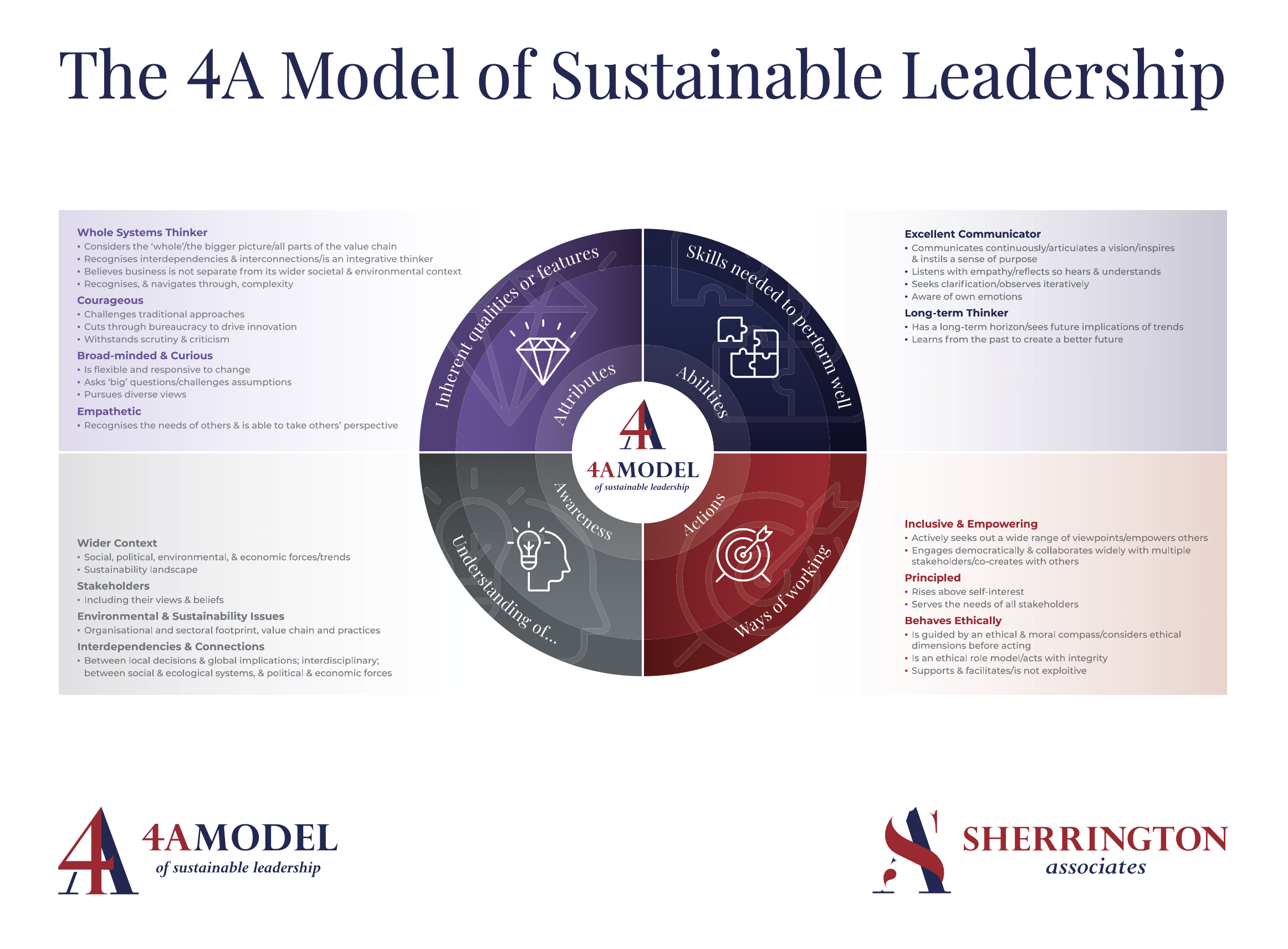Being a whole systems thinker means adopting a holistic approach to understanding complex situations or organisations, by considering the interconnectedness and interdependencies of all parts within a system. It’s a way of thinking that goes beyond analysing individual components in isolation and instead focuses on how they interact, influence each other, and contribute to the behaviour of the system as a whole.
An effective whole systems thinker will look at the “big picture” rather than focusing on individual parts, they pay attention to the relationships between all elements, seeing patterns, feedback loops and how interactions affect emergent behaviours. By considering the long-term consequences of actions and decisions, they recognise that short-term fixes can have unintended, often negative, consequences in the future. Whole systems thinkers anticipate ripple effects across time and systems
Being a whole systems thinker can significantly improve your business by fostering a deeper understanding of complex challenges, driving sustainable growth, and enabling more effective decision-making. Whole systems thinking benefits a business in many ways:
- Improved Problem-Solving – by identifying root causes, rather than merely addressing symptoms, leading to more effective, long-term solutions that tackle the underlying issues within a business. Whole systems thinkers recognise patterns and by identifying root causes, rather than merely addressing symptoms, leading to more effective, long-term solutions that tackle the underlying issues within a business.
- Enhanced Decision-Making – by anticipating the consequences of changes in one area of a business on the other areas, whole systems thinkers make more informed decisions, reducing the risk of unintended consequences and costly mistakes. They focus on both immediate business needs and long-term objectives, ensuring that decisions made today don’t undermine future growth or stability.
- Greater Innovation and Adaptability - Whole systems thinking encourages collaboration across departments or disciplines. This interdisciplinary approach fosters innovation by combining diverse perspectives and expertise to solve challenges creatively. With a deeper understanding of the constant changes in market conditions, technology, and customer needs, whole systems thinkers are better equipped to understand how these changes will ripple through the organisation and adapt strategically.
- Sustainability and Resilience – Whole systems thinkers see the benefit of implementing business strategies that promote sustainability as they balance economic growth with social responsibility and environmental stewardship, improving a company’s reputation and long-term viability. They recognise interconnected risks and vulnerabilities and can prepare for them, making the business more resilient to external shocks like market shifts, supply chain disruptions, or economic downturns.
- Better Customer Experience – With a holistic view of customer needs, whole systems thinkers improve customer experiences by identifying points of friction and creating more seamless, customer-centric solutions. They integrate customer feedback across various touchpoints, creating personalised consistent experiences that build stronger customer relationships.
- Efficient Resource Allocation - Whole systems thinkers view resources (time, money, people) as interconnected. By seeing how different parts of the business depend on each other, they can allocate resources more efficiently, ensuring that efforts are aligned with the broader business strategy. Hey identify areas where resources may be wasted due to inefficiencies or misaligned processes. This enables businesses to reduce waste, cut costs, and improve sustainability.
- Stronger Organisational Culture – Whole systems thinkers recognise the importance of collaboration between teams and departments. By promoting a culture of interconnectedness and shared goals, businesses can break down silos and foster greater cooperation across the organisation. When employees understand how their work fits into the broader organisational system, they feel engaged, motivated, and aligned with the company's goals, leading to higher productivity and retention.
- Competitive Advantage - Businesses that apply whole systems thinking are better at identifying opportunities and threats in the market. This strategic foresight can provide a competitive edge by allowing the company to capitalise on trends and avoid pitfalls. Awareness of external forces (economic, social and environmental factors) helps businesses remain agile and competitive in a fast-evolving market.
Whole systems thinking improves business by providing a comprehensive, interconnected view of challenges and opportunities. It enhances decision-making, drives innovation, builds sustainability, and fosters collaboration, ultimately leading to a more resilient and successful organisation. By seeing how all the parts of the business fit together and interact, you can create smarter, more adaptive strategies that benefit the entire system, from internal operations to external market conditions.
At Sherrington Associates, we recognise how essential sustainable leadership is to the success of an organisation. We use our 4A Model as a framework for assessing leadership candidates throughout the recruitment process. This helps us understand the candidate’s potential for developing a lasting culture of sustainable leadership.
To learn more about our services, talk to our team…
Culture Diagnostics & Values Assessments
Sustainable Leadership Consulting






